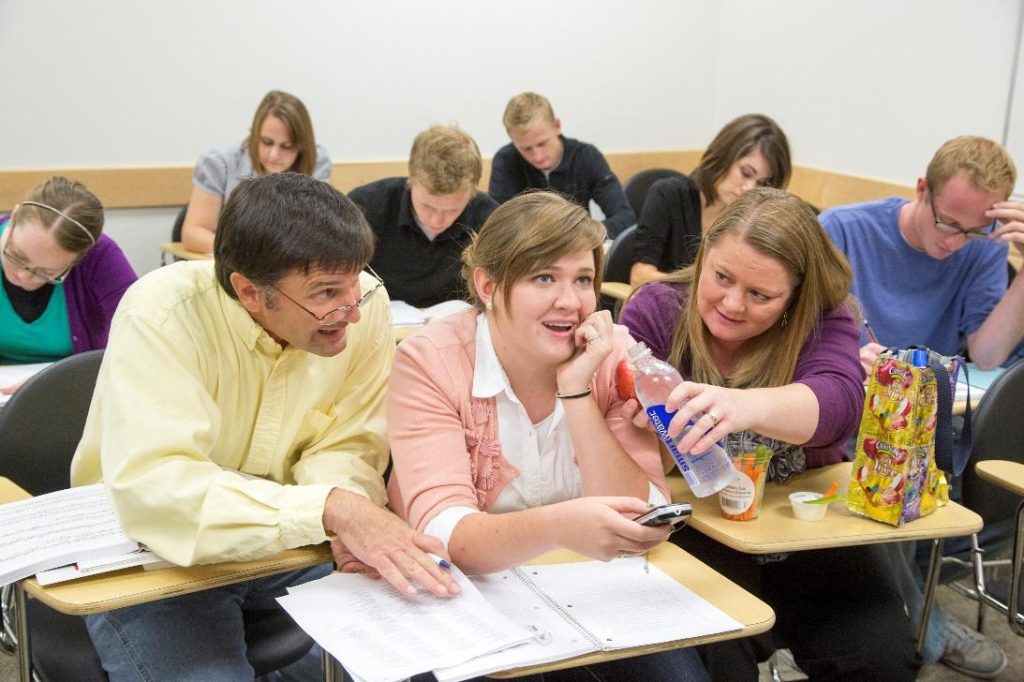We explore the concept of Co-pilot parenting an alternative to Helicopter parenting in part 2 of our parenting series.
As a Helicopter parent, one may find it extremely difficult to make boundaries and differentiate between their own problems and their child’s difficulties. However, it is important to identify them and create boundaries. This helps parents to avoid consequences such as projecting, lashing out, and excessive criticism which also might lead to sowing the seeds of narcissism in the child.

In our previous blog, we addressed the issue of over-parenting also known as Helicopter Parenting, the reasons behind it, and its consequences. This blog looks at techniques that parents can use to try to overcome the need to always be present in their child’s life.
These can be summarised with the acronym AAWAIT
- Making Allowances- This involves letting your child do things on their own thereby increasing autonomy. This can be done initially for smaller tasks such as deciding what to wear or what they would like to eat. The key is providing your children with choices but encouraging them to make their own decisions.
- Replacing Doing with Assisting- As a helicopter parent, you may find yourself doing your child’s work instead of letting them do it. Letting a young person have a go at a task that they consider difficult, even if they get stuck doing it is a good strategy to foster independence. It allows them to get used to overcoming tricky situations at school and later in life.
- Enhance WELLNESS – It is important for young people to try activities outside of studies and competitive sports. This allows them to experience new challenges without the pressure of achievement. It is also known to enhance well-being and persistence at tasks.
- Letting children face Adversity – A child learns best when they are exposed to the challenges of life. While, as a caring parent you want the best for your children and to protect them from the dangers of life, it is important that they experience adversity and some failure when they are still at school. You as a parent are still there to support them and ensure that they come out the other side stronger. This prepares them for challenges later in life when they will be on their own and not have immediate access to your support.
- Identification- The foremost step is identifying if you as a parent are excessively involved in your child’s life and hovering over them. This can be done by simply asking yourself questions like-
“Am I letting my child have their own experiences?”
“Am I questioning my parenting skills on the academic results of my child?”
“Do other parents’ presence make me feel pressured into taking control over my child’s life.”
“Am I scared of letting my child face failure and hence trying to protect him/her?”
If the answer to these questions is a yes, then one must consider changing the ways of parenting.
- Thinking with and not thinking for your child- It is critical to make your child feel heard and respected to foster a sense of trust between the child and parent and to encourage an independent cognitive process. This may be accomplished by simply noticing their ideas and emotions and addressing inquiries that assist them navigate through their experiences and ways of knowing.

Parenting may be difficult but not impossible to navigate. As parents, we are entitled to be concerned about our children, but allowing such concerns to impact their development as individuals can have serious consequences. It is critical to remember that to learn, we must make errors. This is true for both parents and children because we all have unique experiences throughout our lives, which are the most authentic form of learning. It is critical to allow children to have their own personalities rather than limiting them by our experiences.
Childrenplus, with its team of dedicated psychologists and counsellors, specializes in providing comprehensive psychological health services for children and young people. Contact us to know more.

This blog is entirely written by a human (Vedika Anand), supported by Dr Amritash Rai. No AI was used in its generation :-). If you enjoyed reading it, please share and tell your friends.

